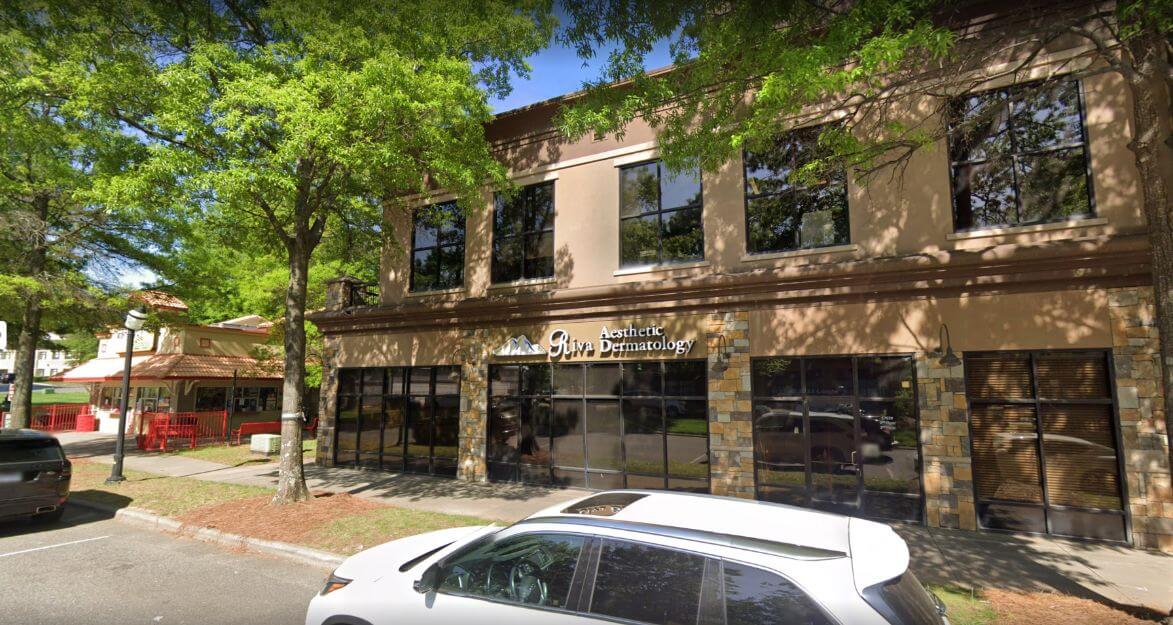Lichen Planus
Recognizing Lichen Planus and Its Symptoms
Lichen planus is an inflammatory condition that affects the skin, hair, nails, and mucous membranes. It presents as purplish, itchy, flat-topped bumps on the skin, and can cause painful lesions in the mouth. The exact cause of lichen planus is unknown, but it is believed to be related to an abnormal immune response.
Lichen planus can develop gradually or suddenly and can be triggered by factors such as stress, infections, or certain medications. Early diagnosis and treatment are essential to manage symptoms and prevent complications.
Comprehensive Care for Lichen Planus at Riva Dermatology
Riva Dermatology provides expert care for lichen planus, offering treatments that reduce inflammation and relieve symptoms. Our personalized approach ensures you receive the best possible care for your condition.
Examples of Lichen Planus
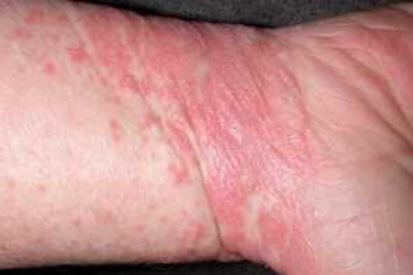
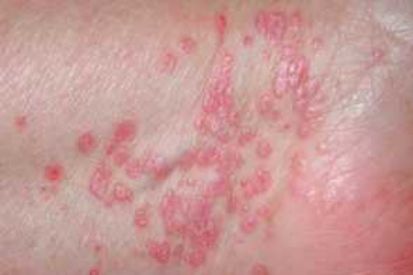
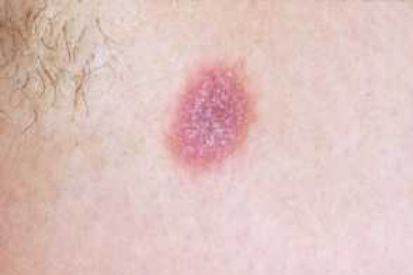
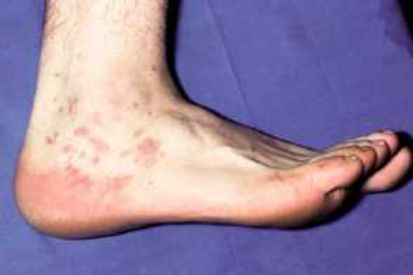
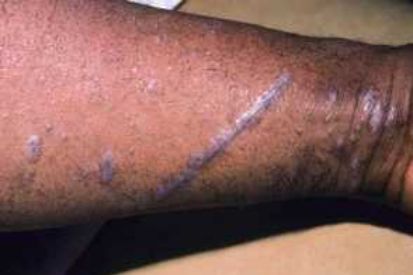
What are the Symptoms of Lichen Planus?
- Glossy, firm, reddish-purple bumps with delicate white lines.
- The quantity of these distinctive eruptions can vary from a few to numerous, commonly appearing on areas like wrists, lower back, and ankles.
Causes of Lichen Planus
- Lichen planus is an inflammatory skin condition with no precisely identified cause.
- Lichen planus is thought to be triggered by an abnormal immune response.
- Certain viral infections, such as hepatitis C, have been associated with lichen planus.
- Allergic reaction and exposure to certain chemicals may trigger lichen planus.
How to Prevent Lichen Planus
Preventing Lichen planus can be challenging as its exact cause is not fully understood. However, certain measures may help reduce the risk of flare-ups or alleviate symptoms:
-
Avoid Triggers: Identify and avoid potential triggers such as certain medications, allergens, or chemicals that may be associated with the onset of lichen planus.
-
Practice Stress Management: Since stress can contribute to flare-ups, adopting stress-reduction techniques such as meditation, yoga, or deep breathing exercises may be beneficial.
-
Maintain Good Oral Hygiene: If lichen planus affects the mucous membranes inside the mouth, practicing good oral hygiene and regular dental check-ups can help manage symptoms.
It's important to note that while these measures may be helpful for some individuals, there is no guaranteed way to prevent lichen planus entirely.
Lichen Planus FAQs
The exact cause is unknown, but it is believed to be related to an abnormal immune response. Triggers can include stress, infections, or certain medications.
Diagnosis typically involves a physical examination and may include a biopsy to confirm the condition. Blood tests might be conducted to rule out other conditions.
Treatments include topical corticosteroids, oral medications, light therapy, and antihistamines to relieve itching. Severe cases may require more intensive therapies.
No, lichen planus is not contagious and cannot be spread from person to person.
Yes, lichen planus can sometimes resolve on its own within months to a couple of years. However, treatment can help manage symptoms and speed up recovery.
How to Treat Lichen Planus
Dermatologists typically diagnose lichen planus through a thorough examination of the skin, nails, and mouth. While visual inspection is often sufficient, in some cases, a skin biopsy may be necessary to examine tissue under a microscope for confirmation. Once diagnosed, various treatment options may be recommended, including:
-
Antihistamines: These can be prescribed to alleviate itching and discomfort associated with lichen planus.
-
Topical Corticosteroids: Creams or ointments containing corticosteroids are commonly used to reduce inflammation and manage skin lesions. They are applied directly to the affected areas.
-
Corticosteroid Pills: In more severe or widespread cases, oral corticosteroids may be prescribed to control inflammation and immune system response.
-
PUVA Therapy (Light Therapy): This involves exposure to ultraviolet A (UVA) light after taking a light-sensitizing medication (psoralen). It can be effective in managing lichen planus symptoms.
-
Retinoic Acid: Topical or oral retinoids, such as retinoic acid, may be recommended to promote skin cell turnover and reduce inflammation.
-
Tacrolimus Ointment or Pimecrolimus Cream: These are calcineurin inhibitors that can be applied topically. They are an alternative to corticosteroids, particularly in sensitive areas.
It's important to note that treatment plans may vary based on the type and severity of lichen planus, as well as individual patient factors. Schedule an appointment with one of our skin experts to determine your treatment plan for Lichen Planus.
Featured Products

iS Clinical Moisturizing Complex
Intensively hydrating, antioxidant-rich Moisturizing Complex is formulated with powerful botanicals, natural vitamins, potent antioxidants, and essential bionutrients, which work synergistically to help support a moisturizing, protective barrier against environmental stressors. Designed for use in the morning or evening, for all skin types and all ages, this formula is an effective and truly versatile moisturizer. 50 g e Net wt. 1.7 oz.
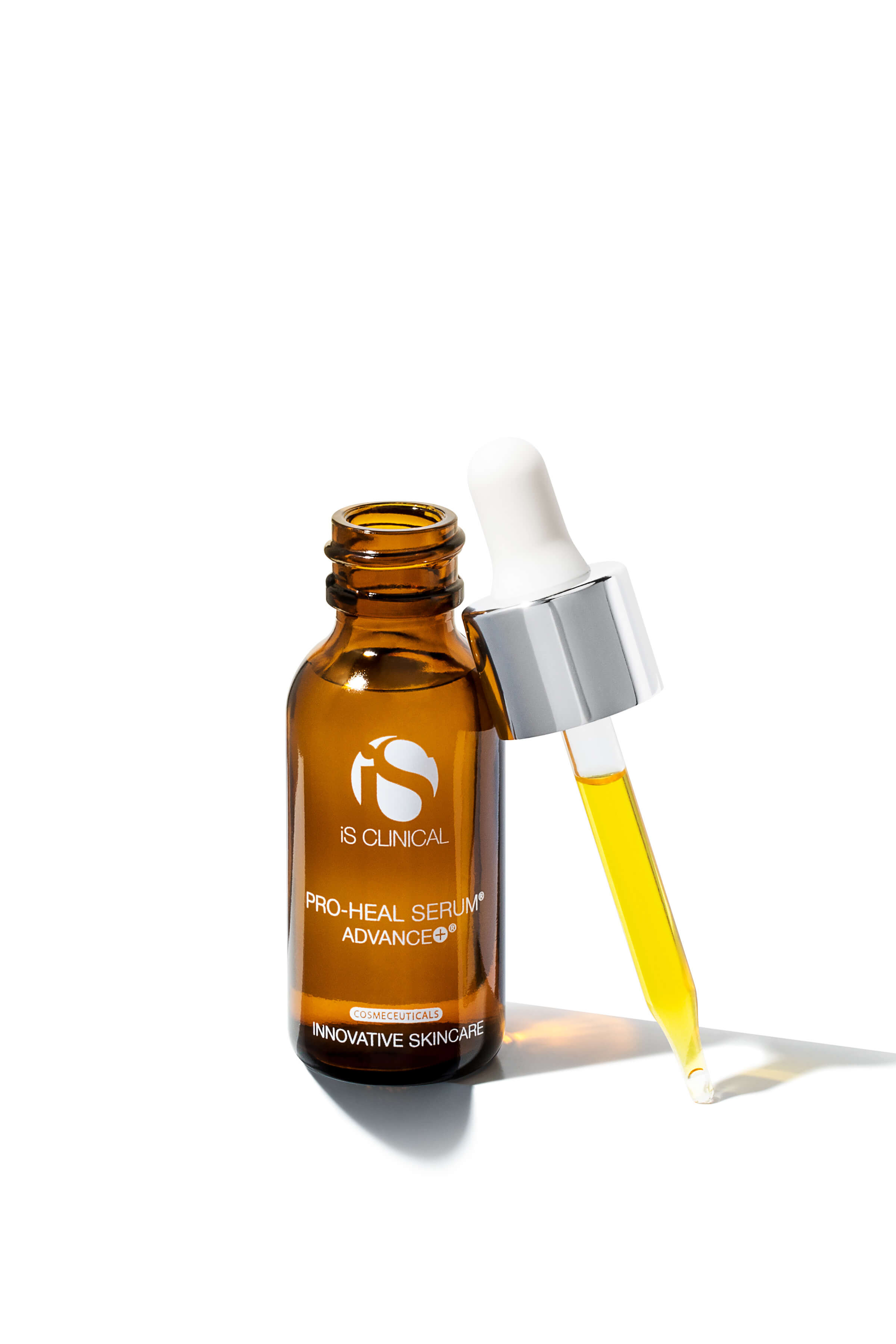
iS Clinical Pro Heal Serum Advance+
Pro-Heal Serum Advance+ features our scientifically advanced L-Ascorbic Acid (Vitamin C), combined with a superior form of Olive Leaf Extract and pure Vitamins E and A. This powerful formulation significantly increases antioxidant protection while helping improve the appearance of compromised, blemish-prone, and aging skin. 30 mL e 1 fl. oz.

